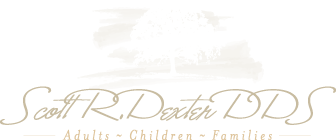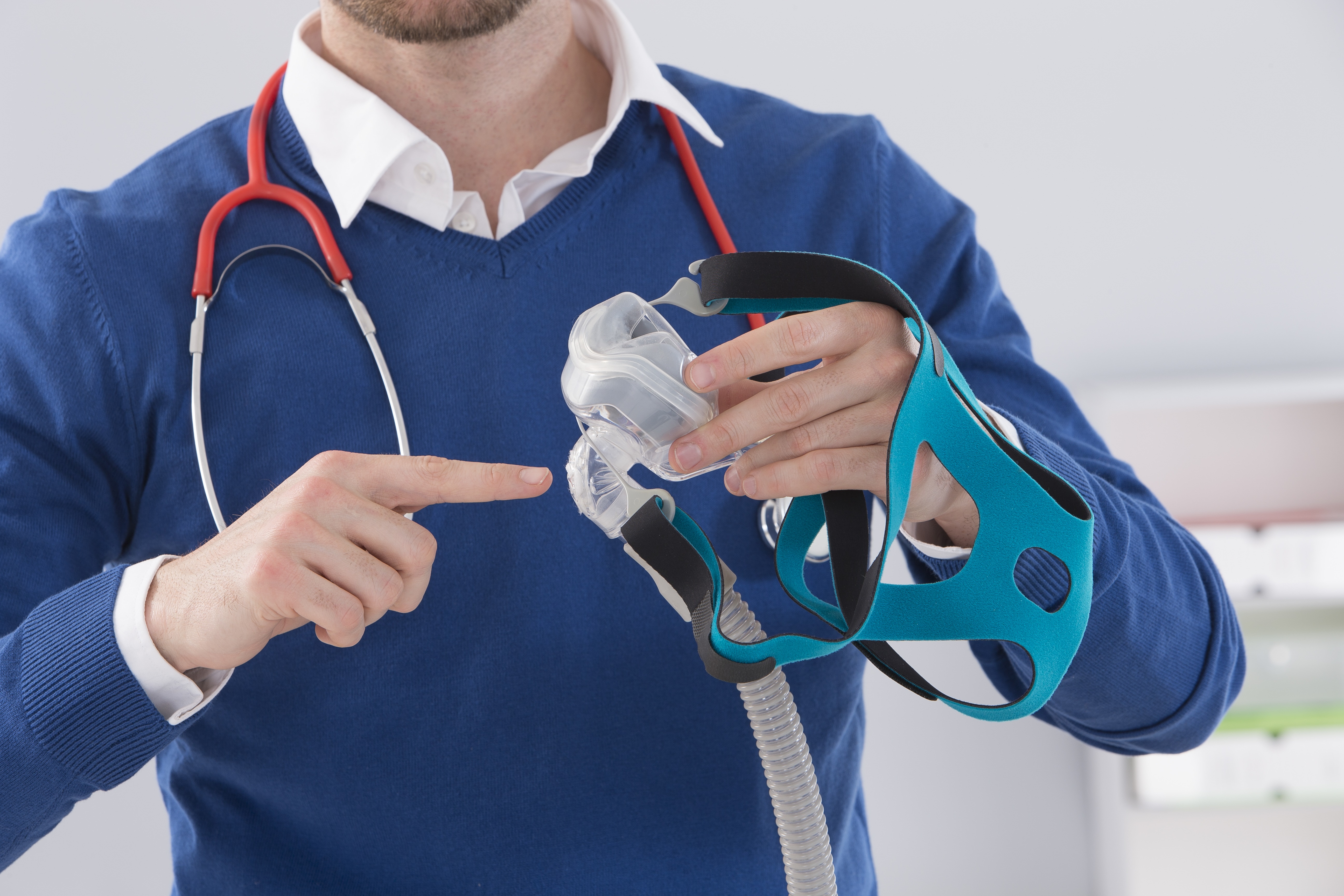Sleep apnea is a serious condition that many people suffer from. As modern medicine has evolved, there are now more options for treating it. Consulting with a dentist regarding sleep apnea is becoming popular because they have a few different treatment routes that patients can take. Dental sleep medicine is a special field that focuses on treating sleeping conditions through proven dentistry methods.
Want to know more about what dentists recommend for treating sleep apnea? This information can be especially helpful to someone who isn’t sure where to turn for treatment. The condition should never go ignored and it is always a good idea to consider each option carefully.
What devices do dentists recommend for sleep apnea?
Below, we outline a few different devices that patients can consider when suffering from sleep apnea. Keep reading to find out more!
CPAP machines
A continuous positive airway pressure device is often used to treat sleep apnea. Dentists recommend these devices because they deliver constant and steady air pressure to a person while they are sleeping. A CPAP machine involves the use of a hose, mouthpiece and sometimes a mask too. The mouthpiece or mask is worn while the patient is sleeping and connected to the hose. On the other end, the hose connects to a machine that delivers a constant flow of air. Long-term, these devices are proven to provide positive results for patients suffering from sleep apnea.
Mandibular advancement devices
One oral appliance device that dentists recommend for sleep apnea treatment is a mandibular advancement device. It looks very similar to a mouthguard that sports players wear; however, it is used solely for treating sleep apnea. The device snaps over the top half and bottom half of the teeth, and on either side are metal hinges that keep it in place. These hinges allow the jaw to ease forward and stay in place while the patient is sleeping, thus preventing sleep apnea symptoms from occurring.
Tongue-retaining oral appliances
Another great option for treating sleep apnea that dentists recommend is a tongue-retaining oral appliance. This type of device looks very similar to a pacifier for babies, but it has a hole right in the middle of it. The tongue rests in that hole during the night so that the airway remains open while the patient is asleep. A tongue-retaining device is less commonly used, however the results are proven to be successful.
Get started with treatment today!
Sleep apnea is a serious condition that can cause a lot of medical problems for patients if it goes untreated. With the help of a dentist, patients can undergo dental treatment that may significantly improve symptoms.
If you have questions regarding sleep apnea treatment from a dentist, then reach out to our office so that we can help you further. Let our team come up with the best type of treatment for you! Give us a call or stop by today.
Request an appointment here: https://dexterdds.com or call Scott Dexter, DDS at (916) 233-0910 for an appointment in our El Dorado Hills office.
Check out what others are saying about our dental services on Yelp: Sleep Apnea in El Dorado Hills, CA.
Related Posts
The Role of a Sleep Medicine Trained Dentist with Treating Sleep Apnea
The growing number of sleep apnea cases needs the collaboration of health care professionals. Several treatment options are now available for people suffering from this sleep disorder. Your specially trained dental care …
What Causes Obstructive Sleep Apnea?
Obstructive sleep apnea is a disorder many people suffer from. Essentially, it is when breathing stops while sleeping. While this is considered a serious medical condition, the consequences of having sleep apnea …
What Can Happen If Sleep Apnea Is Not Treated?
Sleep apnea is a sleeping disorder that causes an involuntary cessation of breathing while you are asleep. The disorder also makes you feel tired even after a full night’s rest. There are three main types …
Testing for Sleep Apnea and Other Sleep Disorders
A large number of the world's population suffer from a condition known as sleep apnea. In fact, it is so common that many physicians are able to diagnose obstructive sleep apnea using either an in-lab …


